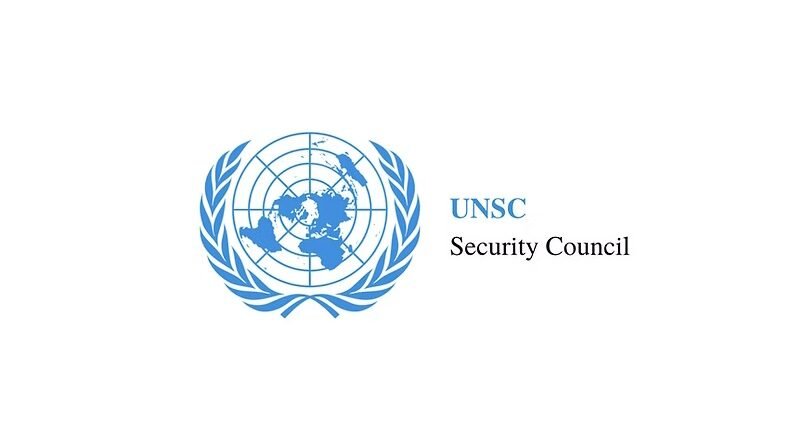The United Nations Security Council (UNSC): An In-Depth Overview
The United Nations Security Council (UNSC) is one of the six principal organs of the United Nations (UN) and plays a central role in maintaining international peace and security. Established in 1945, the UNSC has since served as a platform for addressing global conflicts, imposing sanctions, and authorizing the use of force when necessary. This article delves into the history, structure, functions, and membership of the UNSC, shedding light on its significance in global governance.
History of the UNSC
The UNSC was created in the aftermath of World War II as part of the UN Charter signed on June 26, 1945, in San Francisco. The primary goal was to prevent another global conflict by providing a mechanism for collective security and conflict resolution. The UNSC held its first session on January 17, 1946, in London.
Functions and Powers
The UNSC is charged with maintaining international peace and security. Its responsibilities include:
- Conflict Resolution: The UNSC mediates disputes between nations and can recommend measures to avoid conflict.
- Peacekeeping Missions: The council authorizes and oversees UN peacekeeping missions to stabilize regions in turmoil.
- Sanctions: It can impose economic sanctions, arms embargoes, and other measures to compel compliance with its resolutions.
- Authorization of Force: In extreme cases, the UNSC can authorize the use of military force to maintain or restore international peace and security.
- Recommendations: The council recommends the admission of new UN member states and approves changes to the UN Charter.
Structure of the UNSC
The UNSC comprises 15 members, divided into two categories:
Permanent Members
The five permanent members (P5) are:
- United States
- United Kingdom
- France
- Russia (formerly the Soviet Union)
- China
These nations hold a unique privilege: the power of veto. Any substantive resolution requires their unanimous approval, and a single veto can block its passage.
Non-Permanent Members
Ten non-permanent members are elected for two-year terms by the UN General Assembly. The seats are allocated based on geographical representation:
- Africa: 3 seats
- Asia-Pacific: 2 seats
- Latin America and the Caribbean: 2 seats
- Western Europe and Others: 2 seats
- Eastern Europe: 1 seat
Non-permanent members do not possess veto power but play a significant role in deliberations and decision-making.
Key Procedures and Decision-Making
- Voting: A resolution requires at least nine affirmative votes, including the concurrence of all P5 members (no veto).
- Meetings: The UNSC can convene at any time, and its proceedings are often conducted in closed sessions.
- Presidency: The presidency rotates monthly among members in alphabetical order.
Peacekeeping and Interventions
The UNSC’s peacekeeping missions are among its most visible activities. Blue-helmeted peacekeepers are deployed to conflict zones to monitor ceasefires, protect civilians, and support the implementation of peace agreements. Notable missions include:
- UNIFIL in Lebanon
- MINUSMA in Mali
- MONUSCO in the Democratic Republic of the Congo
Criticism and Challenges
The UNSC faces criticism for its structure and functioning, particularly:
- Veto Power: The P5’s veto power often leads to gridlock, preventing decisive action on critical issues.
- Representation: Emerging powers like India, Brazil, and South Africa have called for permanent membership to reflect contemporary geopolitical realities.
- Effectiveness: Critics argue that the council has been unable to address certain conflicts effectively, such as in Syria and Ukraine.
Proposals for Reform
Efforts to reform the UNSC focus on expanding its membership and addressing the disproportionate influence of the P5. Key proposals include:
- Increasing permanent and non-permanent seats
- Limiting or abolishing the veto power
- Enhancing regional representation
Notable UNSC Resolutions
The UNSC has passed numerous landmark resolutions, including:
- Resolution 242 (1967): Addressing the Arab-Israeli conflict
- Resolution 678 (1990): Authorizing force against Iraq after its invasion of Kuwait
- Resolution 1373 (2001): Countering terrorism in the wake of the 9/11 attacks
Conclusion
The UNSC remains a cornerstone of the international order, tasked with the monumental responsibility of maintaining global peace and security. While its limitations and challenges are evident, its role in fostering dialogue, imposing accountability, and deploying peacekeepers is indispensable. As the world evolves, the UNSC must adapt to meet emerging threats and ensure its relevance in the 21st century.

